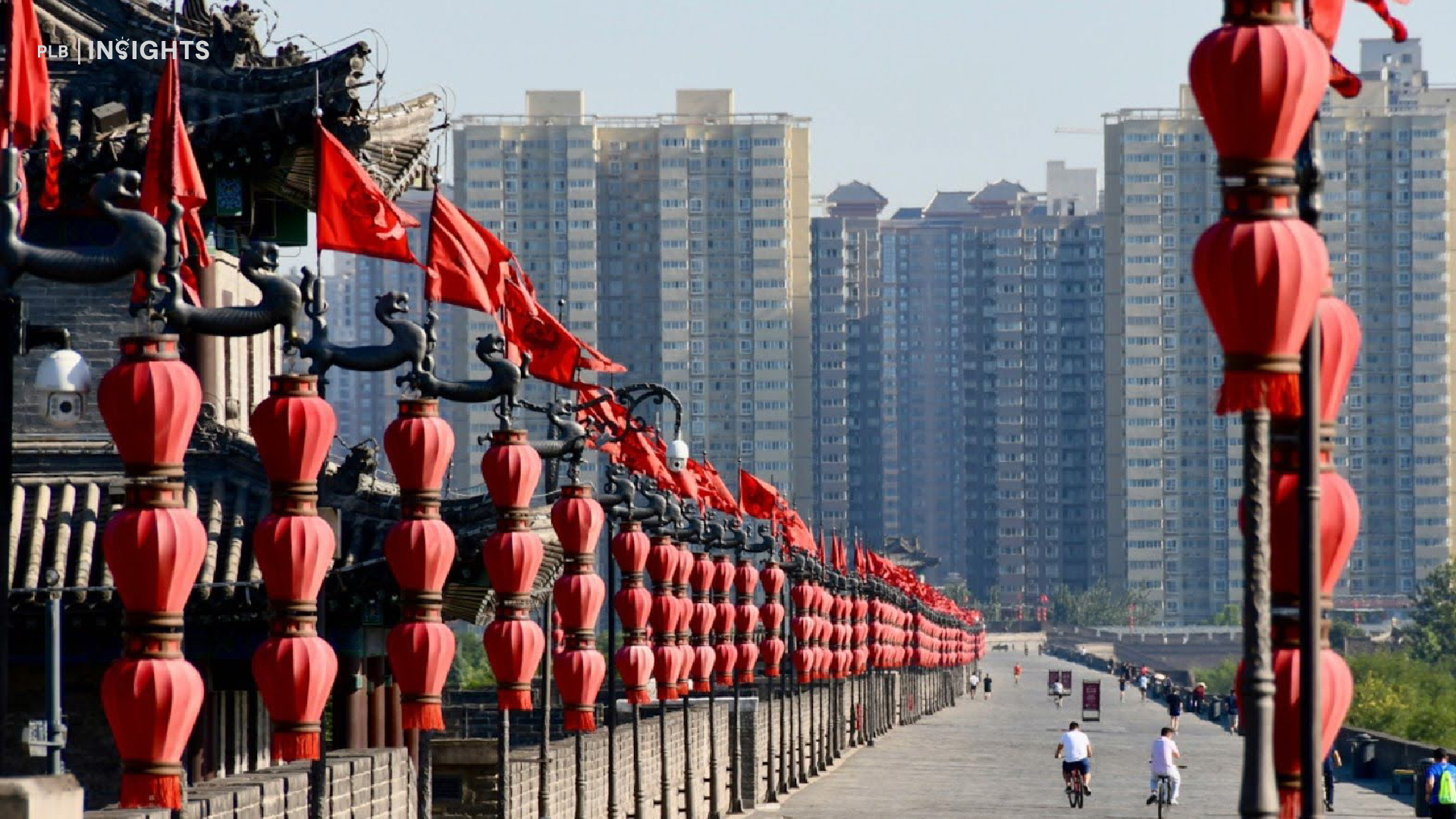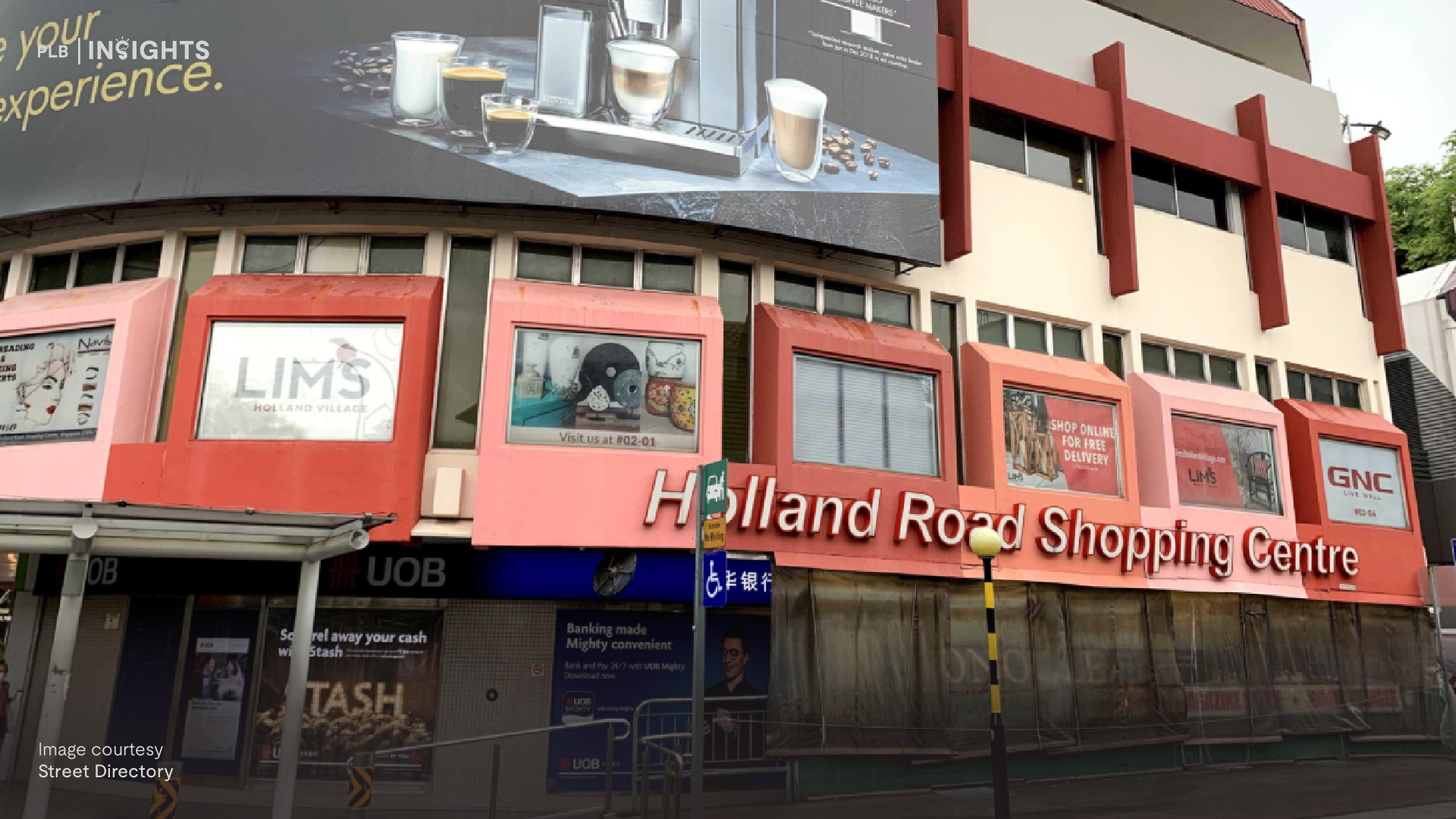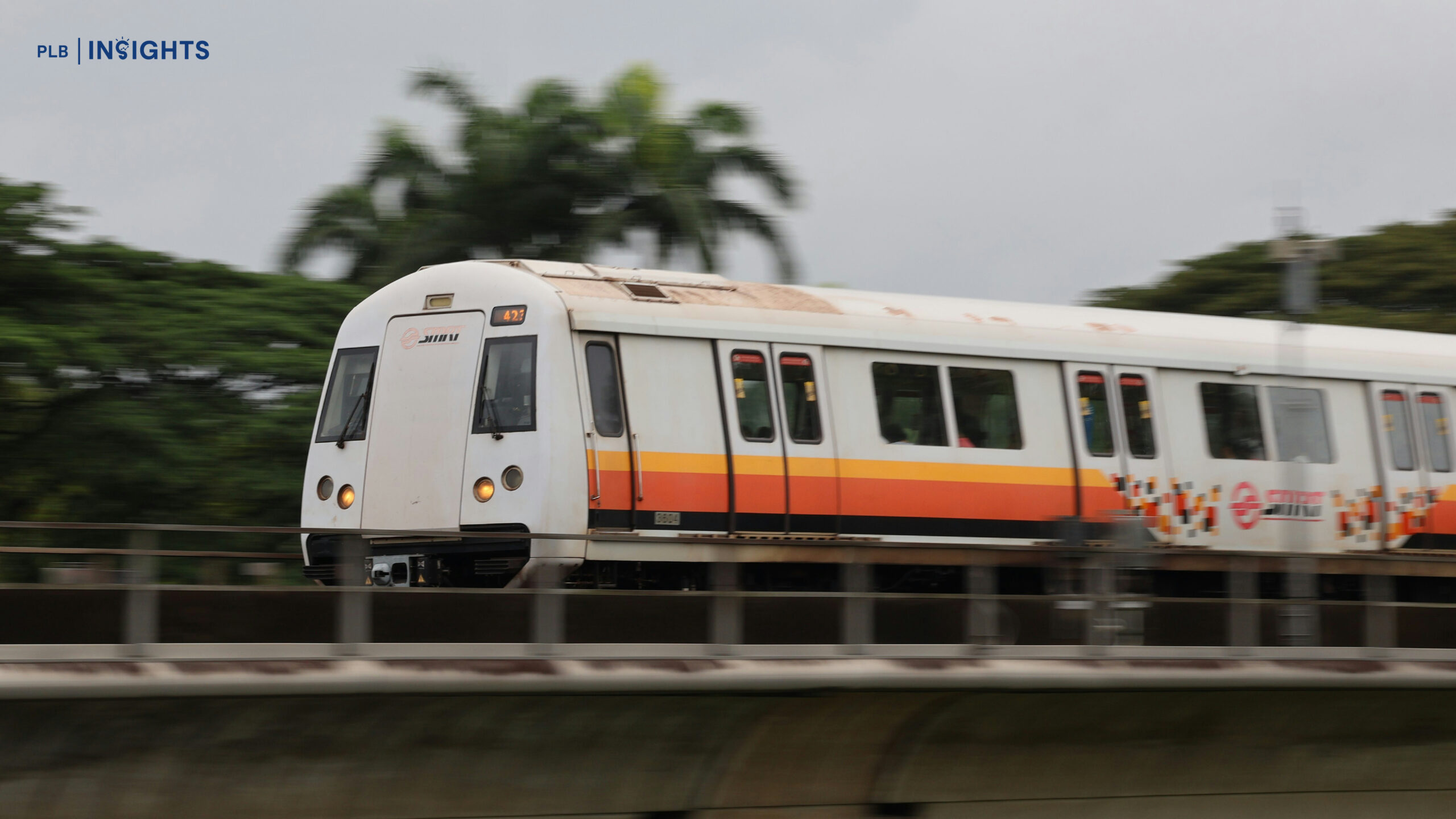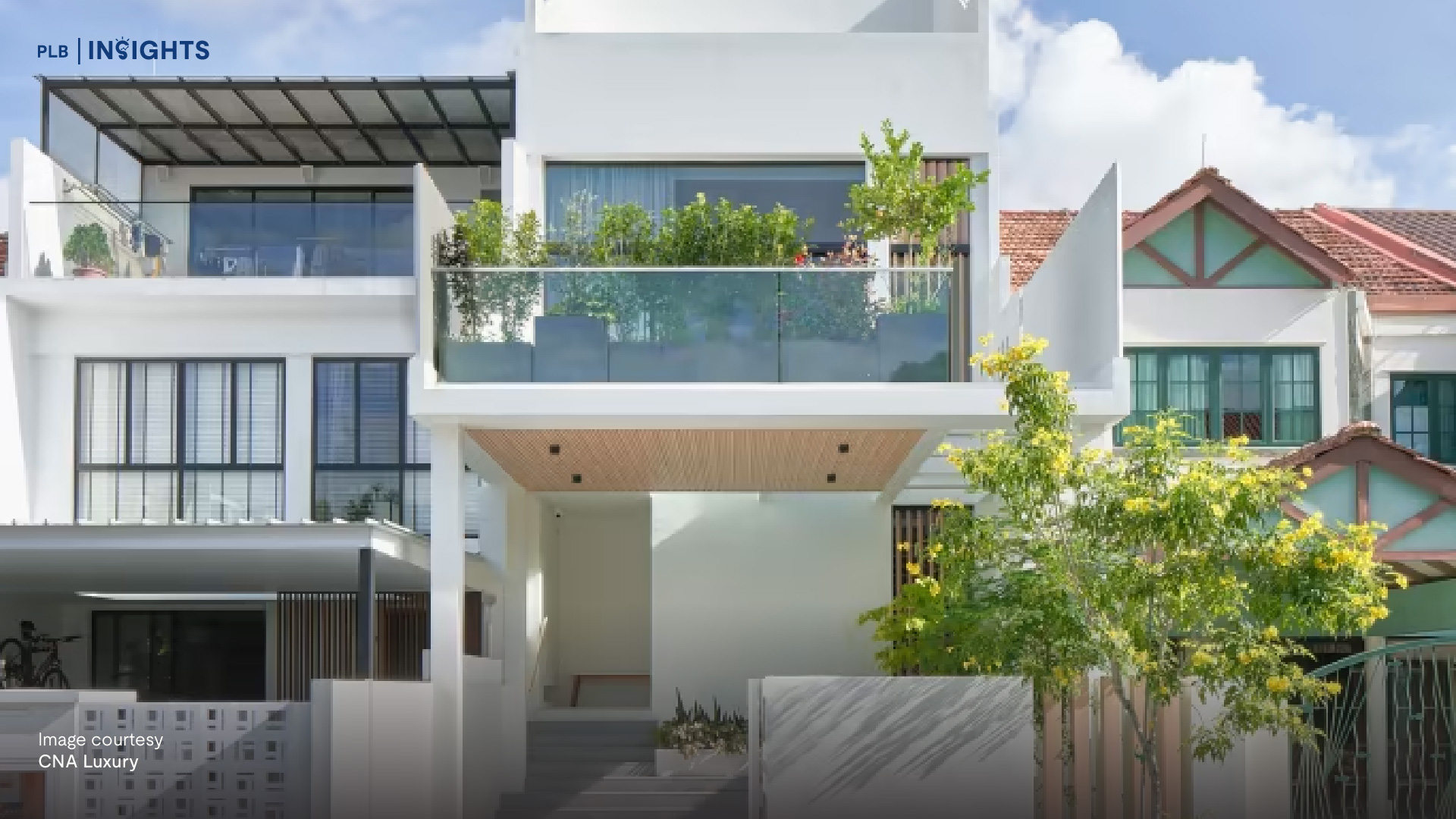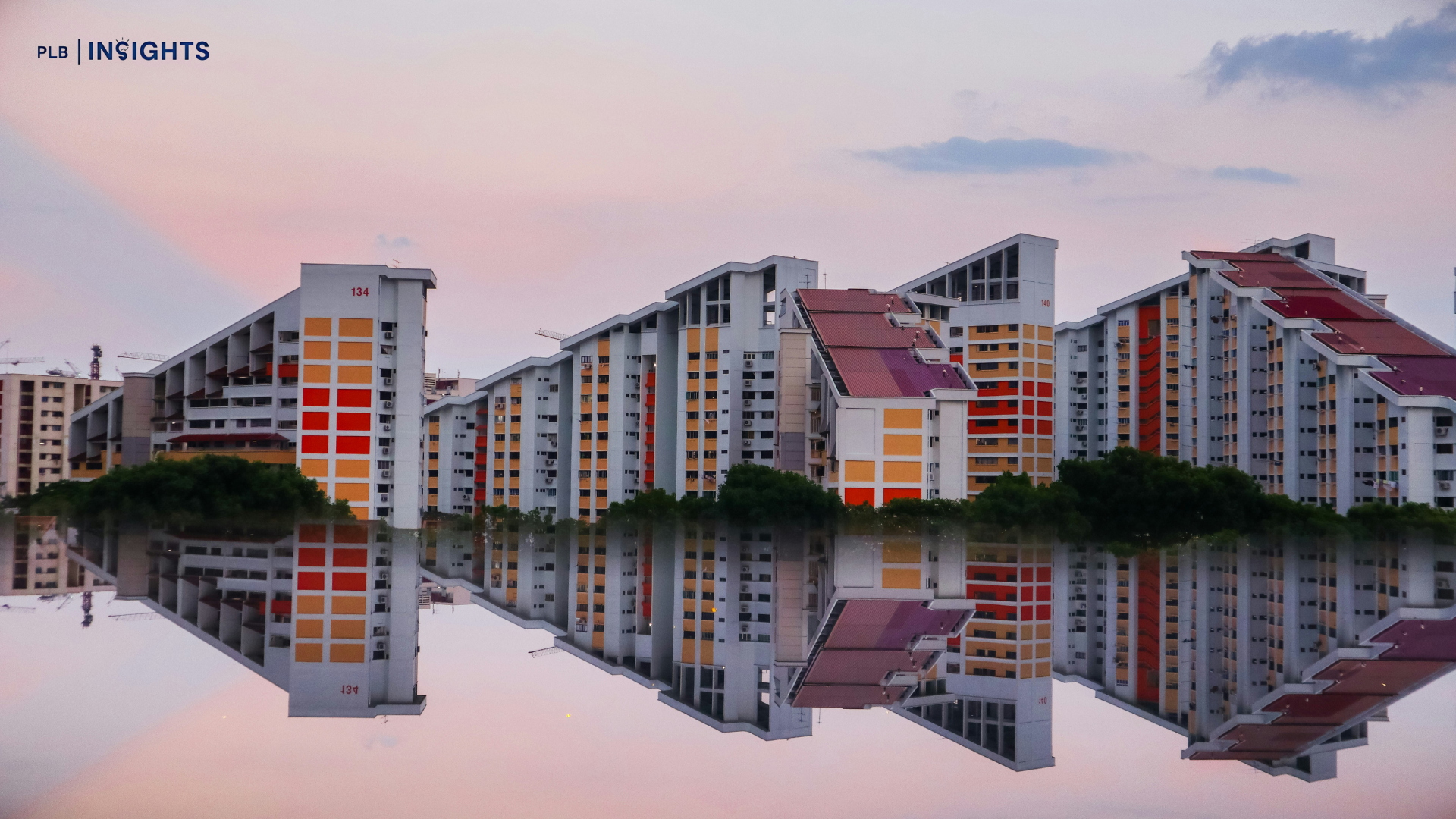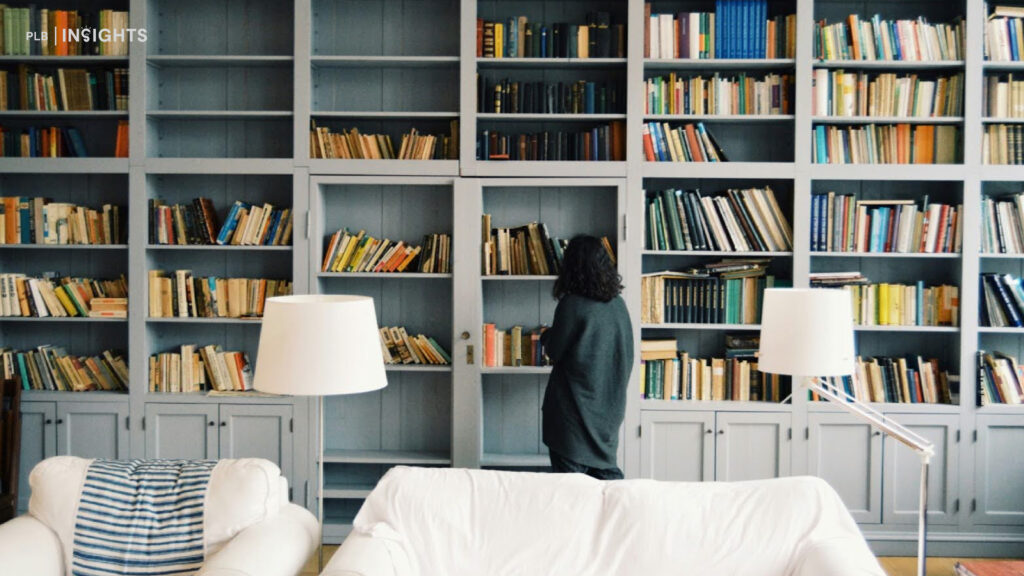
Singapore has one of the highest homeownership rates globally, at a remarkable 89.7% in 2023. This achievement is largely driven by Singapore’s robust public housing system. However, a new trend is emerging: more young, single Singaporeans are choosing to move out of their parents’ homes to live independently through renting. This shift stands out, given Singapore’s strong culture of homeownership and public housing support.
One significant factor fuelling this trend is the limitation within public housing eligibility policy, where singles are only permitted to purchase a flat once they reach 35. This leaves many younger adults turning to rental options if they want a taste of independence before settling down. As this trend gains traction, some are questioning whether a renting culture is beginning to take root in Singapore and, if so, what it might mean for Singapore’s housing model and rental market.
In this article, we dive into the motivations behind this shift, considering how social and economic factors influence young adults’ decisions to rent. Additionally, we explore whether lowering the eligible age for public housing could offer a better balance between promoting independence and sustaining Singapore’s high homeownership rate.
Current Eligibility Policy for Singles
For single Singaporeans seeking to purchase a home, there are currently two main schemes available through the Housing and Development Board (HDB): the Singles Singapore Citizen Scheme and the Joint Singles Scheme. Both options allow singles to apply for certain types of flats, though they are restricted to those aged 35 and above. This age requirement aims to encourage singles to remain with family longer, reinforcing Singapore’s cultural emphasis on close-knit families while also managing the demand for limited public housing.
Under these schemes, single citizens have access to Build-to-Order (BTO) and resale flats, though each comes with unique conditions. For BTO flats, singles can only purchase 2-room Flexi units, available across all types of housing categories, including Standard, Plus, and Prime locations. This limited selection reflects HDB’s intention to keep larger, family-sized BTO flats primarily for married couples and families. On the other hand, singles opting for resale flats face no restrictions on size or location, giving them the flexibility to choose units that best fit their needs.
The current policy effectively guides single citizens towards smaller or resale properties, balancing housing supply while allowing some access to ownership. However, these age and unit size restrictions have led some to call for increased flexibility in the policies, such as lowering the age threshold or offering more unit options to singles. This growing demand reflects the desire for independence among younger Singaporeans, challenging the traditional norms around housing and family structure in Singapore.
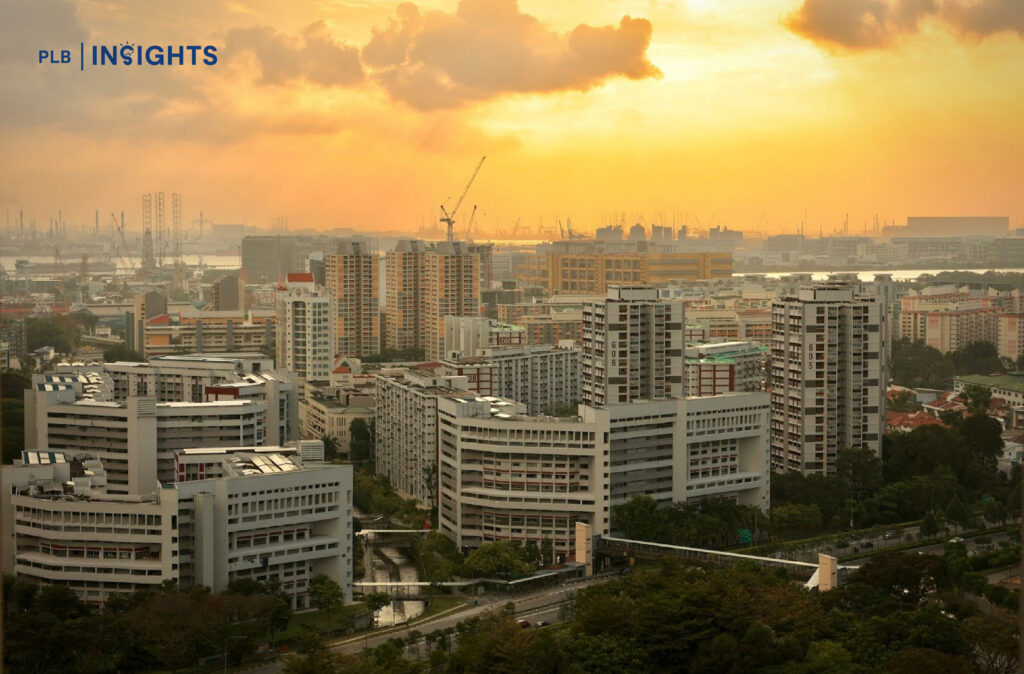
Covid’s Impact on the Quest for Independence
As traditional values shift and marriage ages rise, a growing number of young, single Singaporeans are moving out of their family homes, a trend accelerated further by the Covid-19 pandemic.
The pandemic brought an unprecedented rise in remote work, nudging many millennials to seek more conducive environments by living independently. With long hours spent at home, especially in dual-purpose spaces combining work and leisure, young professionals began craving greater autonomy and the freedom to shape their own living conditions.
This shift marks a departure from the conventional practice where young Singaporeans typically live with their parents until marriage, after which they become eligible to purchase government-subsidised public housing. Given that singles must wait until 35 to buy HDB flats and are limited to smaller units, renting has become an alternative option. However, with Singapore’s high rental costs, this choice is often weighed carefully—three-room HDB flats around the city fringe, for example, can cost around S$3,000 monthly, over half of the median monthly salary.
Data from the Department of Statistics Singapore (DOS) reflects this growing independence. From 2003 to 2023, the number of Singaporeans and permanent residents under 35 living alone or away from parents rose from 35,000 to 58,500. Notably, figures doubled from 23,700 in 2015 and saw a sharp increase from 40,400 in 2019. This trend indicates a shift in housing expectations, potentially signalling that renting might become increasingly accepted in Singapore, despite its cost, as young people prioritise independence and personal space.
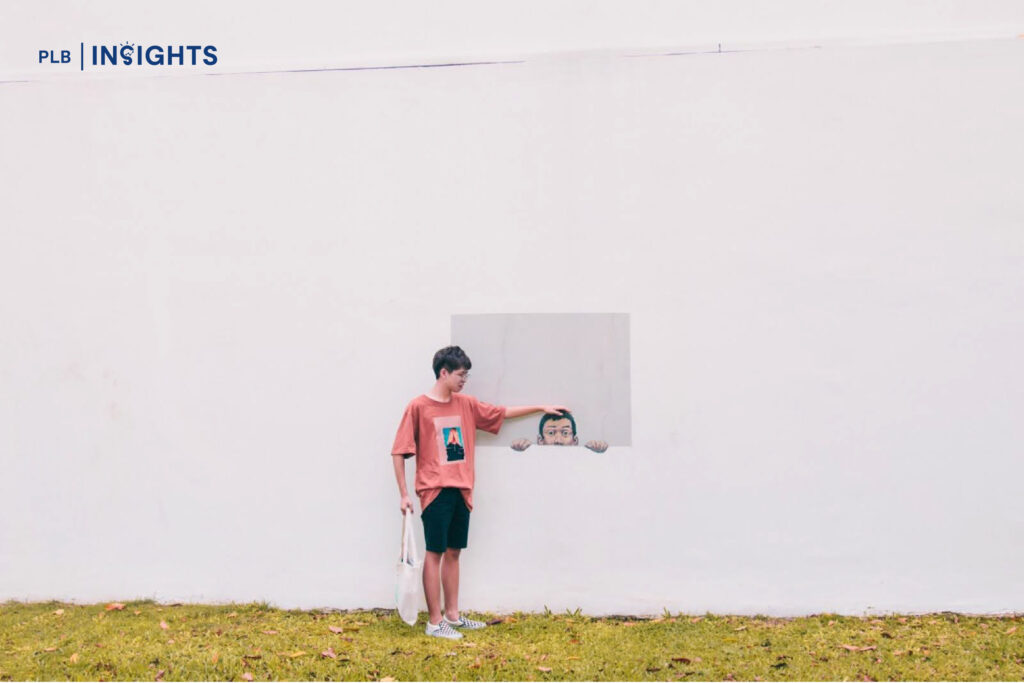
The Costs of Moving Out
Moving out in Singapore is a considerable financial commitment, often necessitating careful budgeting and planning. Beyond the monthly rental rates, there are significant upfront expenses, starting with a security deposit typically set at one to two months’ rent depending on whether you’re signing a 1-year or 2-year contract. You also need to consider moving costs of engaging a professional mover if you have bulky furniture and belongings to relocate, which can set you back by a few hundred dollars. Furthermore, furnishing expenses, which include essentials like furniture, kitchen appliances, and basic home goods—can quickly add up to thousands.
Initial setup aside, the ongoing monthly expenses are substantial. You need to take into account the utility bills, internet, groceries, and occasional maintenance fees. Together, these costs can challenge renters to prioritise and make adjustments, such as choosing less central locations or sharing a unit with roommates to reduce expenses.
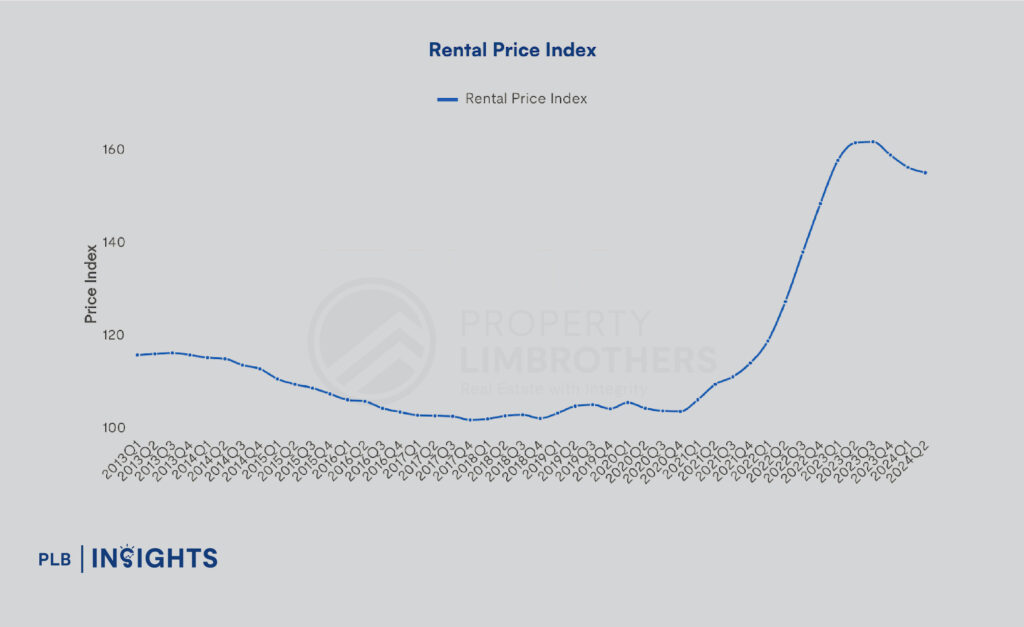
Although the rental price index has been moderating since its peak in Q3 2023, the steep increase in rental prices since Q4 2020 has been pricing many renters out of the market. With rent becoming more expensive, inflation increasing the cost of living in Singapore, and more layoffs in the last two years especially in the tech sector, young adults contemplating to move out have to decide whether forking out a significant portion of their monthly income to rent is a worthy trade-off.

Is It Time For A Policy Shift?
In recent years, growing calls in Parliament have urged a reconsideration of the minimum age eligibility for singles to purchase HDB flats. A key advocate of this shift is Workers’ Party Member of Parliament (MP) Louis Chua, who proposed lowering the age requirement from 35 to 28. He argues that the current policy does not align with the evolving demographics and lifestyle choices of young Singaporeans, many of whom are seeking independence earlier than previous generations.
Chua highlighted in Parliament that lowering the age limit would “acknowledge the diversity of our society,” supporting the aspirations of singles who wish to establish their own households before reaching their mid-thirties. He argued that the age threshold not only limits individual autonomy but also reflects outdated assumptions about family formation and the age at which young adults can be financially stable.
Proponents of this policy change contend that a younger age eligibility would relieve some pressure on the rental market, which has seen a steady rise in demand among younger adults who cannot yet access public housing options. By allowing singles to buy flats at a younger age, the government could make homeownership more attainable, thus aligning with Singapore’s high homeownership goals and easing the financial burden of renting long-term.
Critics, however, caution that such a shift could increase competition for BTO flats, potentially affecting the availability of housing for families. They argue that HDB’s priority should remain focused on providing affordable housing for families, which traditionally aligns with Singapore’s social policies. Nonetheless, with Singapore’s society becoming more diverse and young adults seeking earlier independence, this policy shift could represent a step towards a more inclusive housing model that reflects the evolving needs of Singaporeans.
Lowering the eligibility age would represent a significant change in Singapore’s housing policy, and one that could provide singles greater flexibility and choice in achieving their housing goals. As the government continues to review public housing policies, adapting to these shifts may play a role in helping young adults establish roots earlier, reshaping how Singaporeans view independence and homeownership.
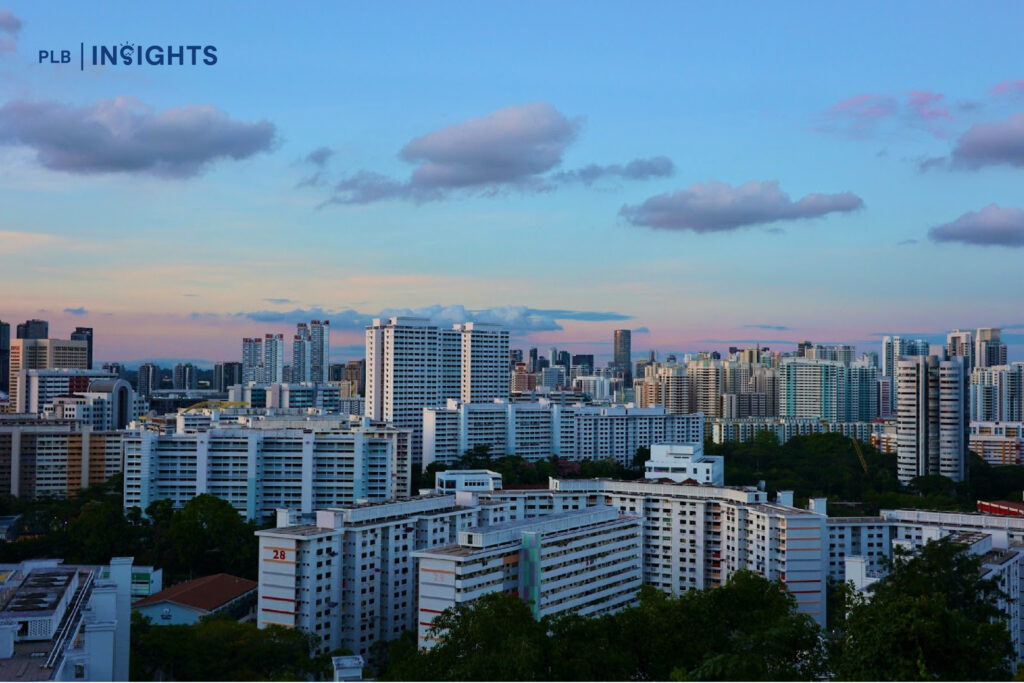
Closing Thoughts
The rising trend of young, single Singaporeans moving out of their family homes reflects a shift in societal values, lifestyle aspirations, and economic realities. While high homeownership rates have long been a cornerstone of Singapore’s housing policy, changing demographics and evolving priorities are creating new challenges and opportunities. The desire for independence, coupled with factors like remote work and delayed marriage, has led more young adults to seek rental options or advocate for policy changes that accommodate their needs.
As the government considers proposals like lowering the eligibility age for singles to purchase public housing, it faces the task of balancing tradition with the realities of a more diverse and dynamic society. By adapting policies to reflect the aspirations of young Singaporeans, there is potential to ease rental market pressures, support earlier financial independence, and ultimately enhance Singapore’s housing model.
For many young adults, moving out may come with significant financial costs and trade-offs, yet it offers a sense of autonomy and personal growth that is deeply valued. As Singapore continues to evolve, these trends highlight the need for flexibility in housing policies that resonate with the changing lifestyles of its citizens, fostering a more inclusive approach to independence and homeownership.
If you’re exploring rental or resale options in the market, reach out to us here for expert guidance on your property journey. PropertyLimBrothers, always happy to show you the place.

